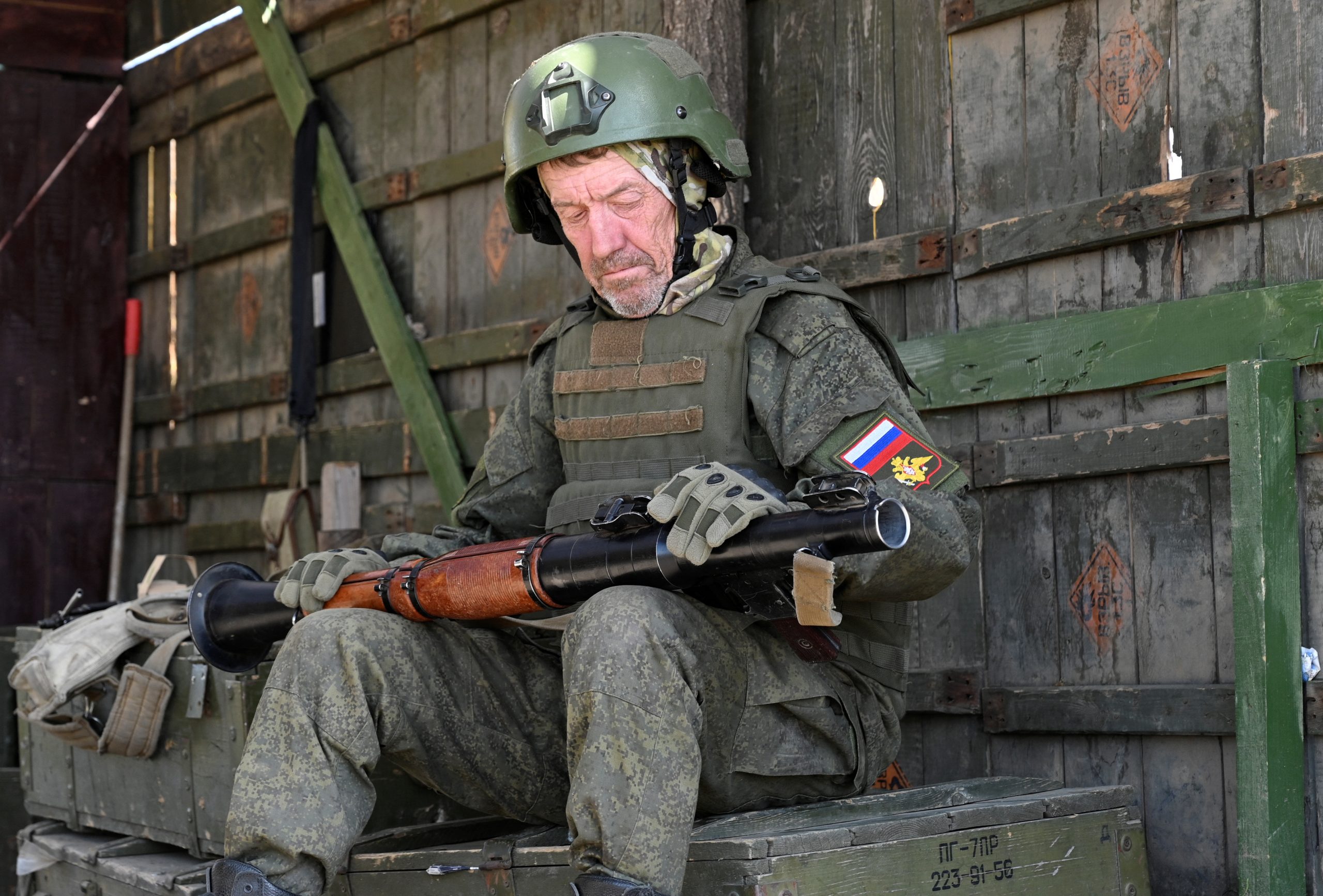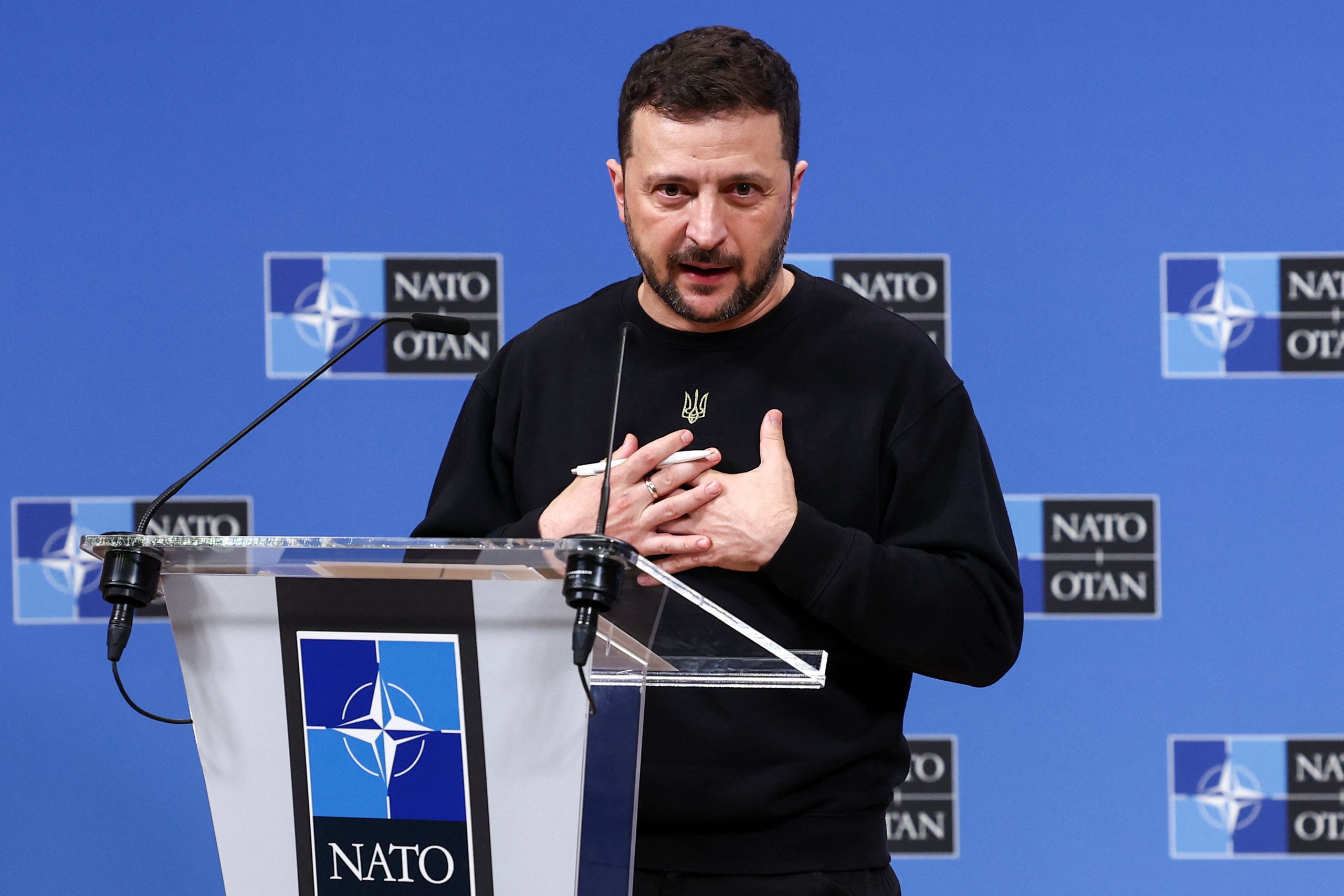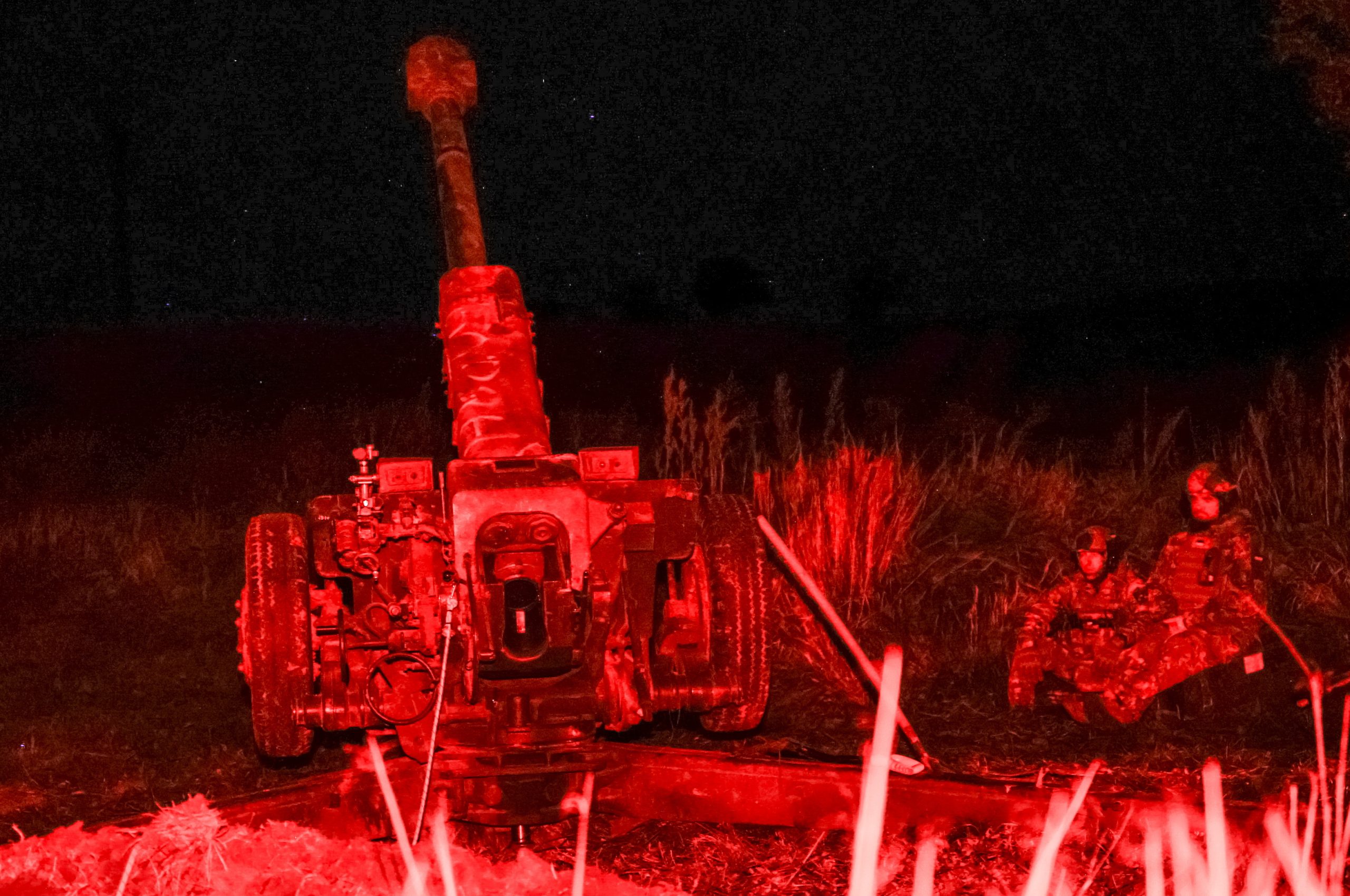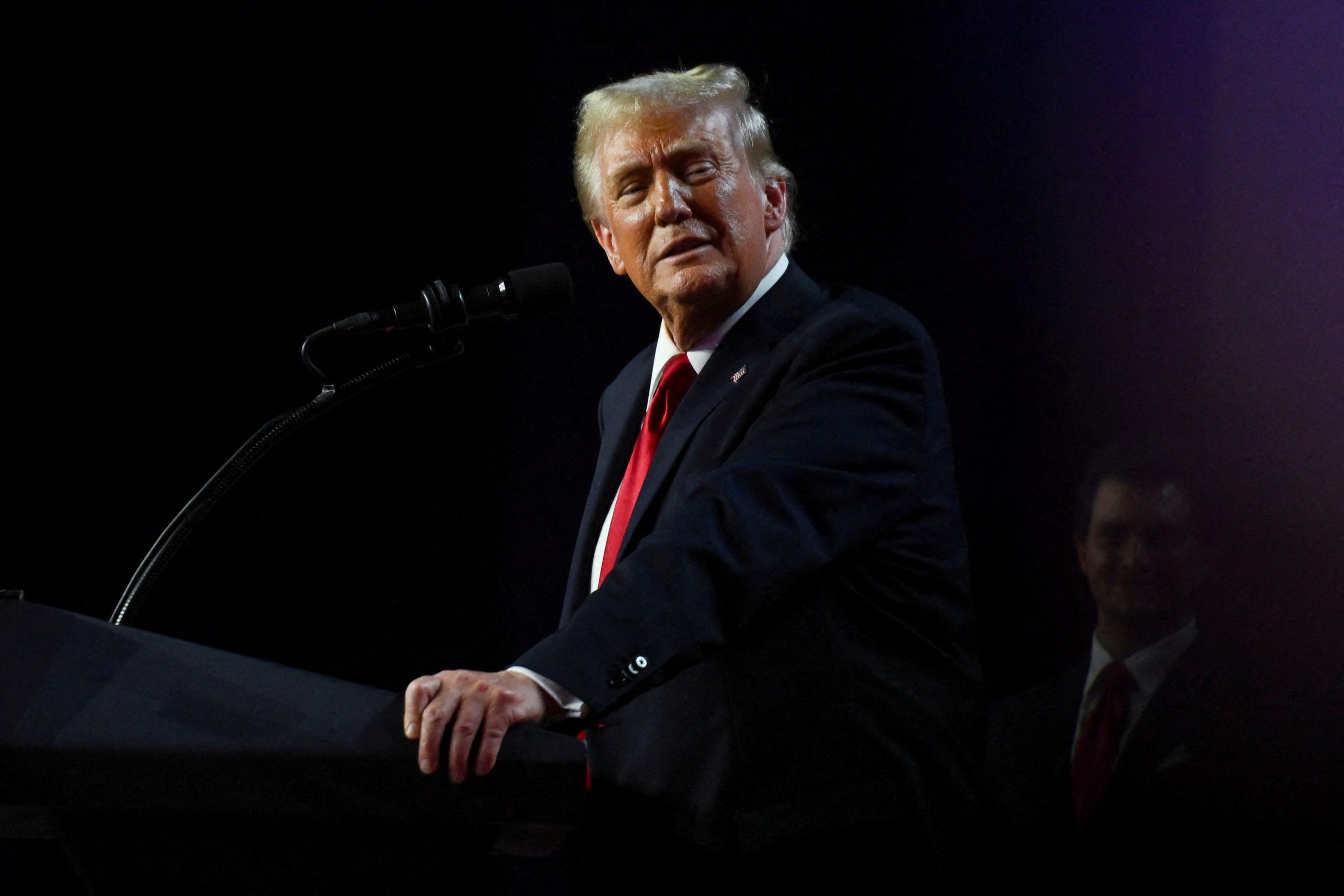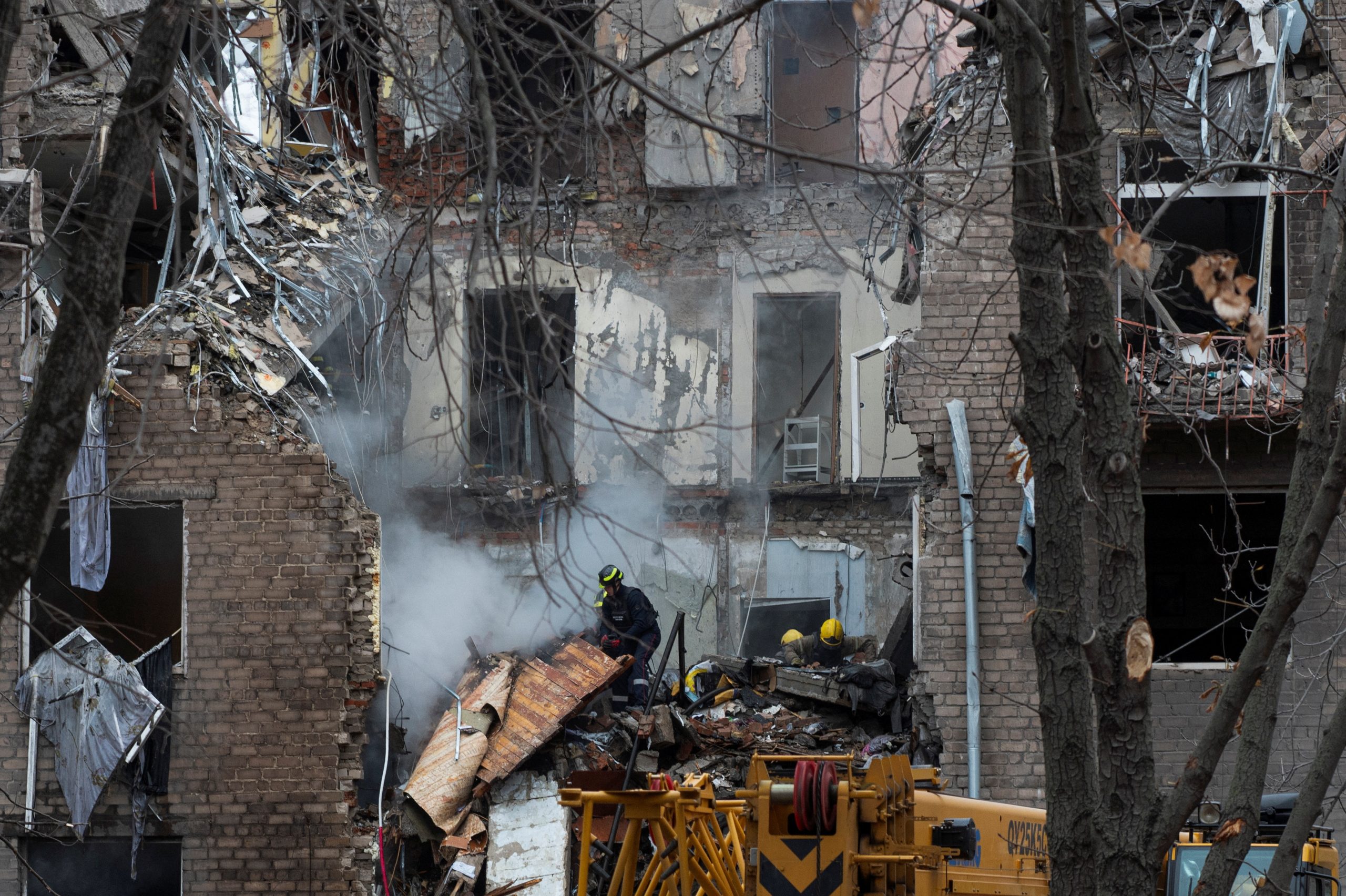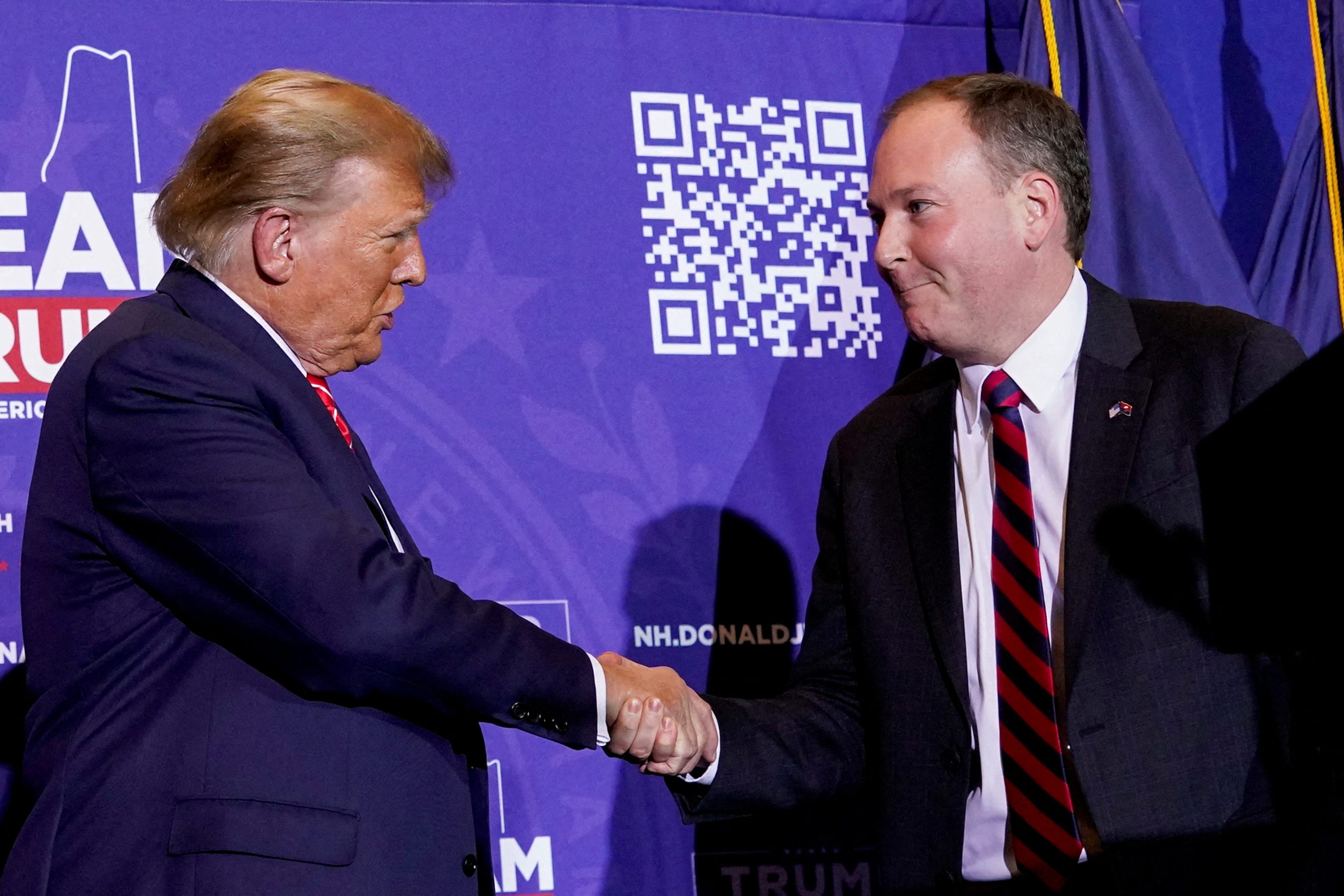n a significant turn in the ongoing war, Ukraine and Russia are reportedly in discussions to suspend their devastating attacks on each other’s energy infrastructure, a decision that could provide much-needed relief to millions facing the prospect of a harsh winter. According to the Financial Times, both nations are considering a halt to the mutual assaults that have ravaged power facilities and threatened civilian welfare in both countries.
The negotiations, believed to be mediated by Qatar, follow previous talks that nearly concluded with an agreement this past August. However, Kyiv’s incursion into Russia’s Kursk region stalled those efforts, as cited by an unnamed Ukrainian official in the report.
Over the past year, Ukraine has faced rolling blackouts and power shortages due to continuous Russian drone and missile strikes targeting its energy facilities. These strikes devastated half of Ukraine’s power generation capacity during the summer alone, according to Ukrainian President Volodymyr Zelensky, as quoted by the Kyiv Independent. He claimed that by August, nearly all of Ukraine’s thermal and hydroelectric power plants had been crippled by Russian attacks.
Meanwhile, Kyiv has countered by targeting Russia’s oil-processing facilities, often dealing substantial damage without directly claiming responsibility. These strikes have not only hindered Russia’s energy production but have also impacted its military capabilities, creating new pressure points for Moscow.
“The winter will be the hardest of the previous three years,” warned Oleksiy Brekht, interim head of Ukraine’s state energy grid operator Ukrenergo, in an interview with Suspilne on Tuesday. Brekht outlined that if Russia persists in its strikes, Ukrainian citizens may endure up to eight-hour daily blackouts throughout the freezing months ahead. Serhiy Kovalenko, CEO of the energy supplier Yasno, echoed these concerns in June, projecting that Ukrainians could have as little as six hours of power daily during the winter, depending on the extent of grid repairs.
In recent months, both nations have reportedly reduced the frequency of these attacks, possibly following a clandestine understanding between intelligence agencies on each side. But while there is cautious optimism, the prospect of a formal agreement remains fragile. A former Kremlin official hinted that President Vladimir Putin might resist a deal until Ukrainian forces retreat from the Kursk region. Conversely, a Ukrainian source suggested that Kyiv remains resolute in its strategy to keep targeting Russian oil refineries and energy sites as leverage for peace talks.
If achieved, an energy truce would represent a notable shift in the war dynamics, potentially setting the stage for broader peace negotiations. Ukrainian President Zelensky has previously stated that an agreement to shield energy facilities could pave the way for more comprehensive talks.
This is not the first attempt at such a deal. Last autumn, both nations crafted an agreement with a similar goal, yet it collapsed amid resumed drone strikes by Ukraine on Russian oil assets in early 2024. The current diplomatic developments bring renewed hope, though the complexity of regional control and military strategy could still pose obstacles to a lasting peace.
With millions on edge as winter approaches, could a ceasefire in energy strikes offer a glimmer of relief, or will this attempt unravel like those before it?
Sources for this article include the Financial Times, Kyiv Independent, and Suspilne.

